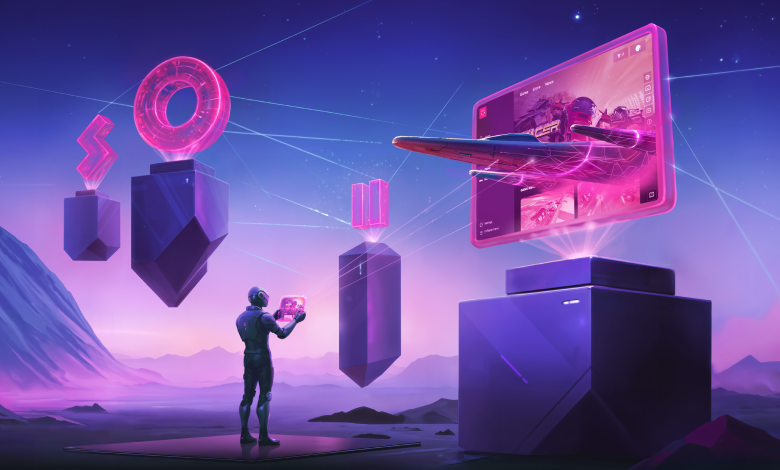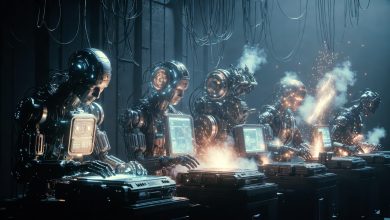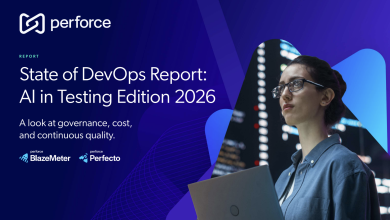
The video game industry is undergoing a seismic shift, and artificial intelligence (AI) is at the heart of it. From streamlining development processes to revolutionising monetisation strategies, AI is changing how games are made, played, and sold. Yet, amid the fanfare surrounding machine learning models and automated content generation, one truth remains unshaken: AI may be a powerful tool, but it is no substitute for human imagination and creativity.
Automation: Faster, Smarter, and More Efficient
One of the most immediate and visible impacts of AI in game development is automation. Studios now leverage AI-driven tools to streamline everything from coding and bug detection to asset creation and quality assurance.
Procedural generation, powered by AI algorithms, can create vast, dynamic environments in games like No Man’s Sky or Minecraft with minimal human intervention. This reduces developers’ workload and enables the creation of expansive worlds that would otherwise be impossible within realistic time and budget constraints.
AI is also being integrated into animation and character behaviour systems. These tools can help developers automatically animate realistic movements and facial expressions. These capabilities save countless hours traditionally spent on painstaking animation work and allow developers to iterate faster.
Moreover, AI’s application in testing – using bots that mimic player behaviour to identify glitches and balance issues – ensures higher quality and fewer bugs at launch. Automation here doesn’t just improve efficiency; it enhances the player experience by allowing developers to focus on refinement rather than firefighting.
Monetisation: Targeted, Personalised, and Profitable
Beyond development, AI is becoming the cornerstone in shaping monetisation strategies. Game publishers now use AI to analyse player data and behaviour to tailor in-game offers, advertisements, and pricing models. These systems can predict what kind of skins or downloadable content (DLC) a player is likely to buy, and when they’re most likely to make a purchase.
AI’s predictive analytics are also employed in dynamic pricing models. Similar to how airlines adjust ticket prices based on demand and user behaviour, some games adjust microtransaction prices or discounts per-user basis, aiming to maximise revenue without alienating players. While controversial, this personalisation is effective, and its prevalence is growing.
In multiplayer games and mobile titles, AI curates personalised gameplay experiences, ensuring players remain engaged. It’s not just about recommending content; it’s about crafting rewarding game loops. This has implications for profit, player retention, and overall game longevity.
AI is a Tool – Not the Creator
Despite its prowess, AI still lacks one critical component: the spark of human creativity. It can mimic, remix, and optimise, but it can’t originate with the depth and nuance that human creators bring to storytelling, emotional resonance, and cultural relevance.
AI can design a competent quest line or generate endless dialogue trees. Still, only a human can write a narrative like The Last of Us or create a world as culturally intricate as Ghost of Tsushima. These experiences require more than algorithms – they demand empathy, historical awareness, and philosophical insight.
Creative direction, artistic vision, and innovative mechanics still come from developers willing to take risks, break conventions, and connect with players on an emotional level. AI may help to speed up the process or inspire new ideas, but it can’t replace the visionary minds behind beloved franchises.
Striking a Balance
The future of AI in gaming hinges on balance. When used thoughtfully, AI can democratise game development, empowering indie studios with fewer resources to compete with big-budget titles. It can also open up new genres and forms of gameplay – imagine games where AI-powered NPCs adapt to your playstyle in real time, or where procedurally generated narratives respond to your every decision with coherence and depth.
However, unchecked, AI risks homogenising the industry. If developers rely too heavily on machine-generated assets or game mechanics optimised solely for engagement metrics, we could face a flood of technically proficient but soulless content. The danger isn’t that AI will get too creative – it’s that it won’t be creative enough.
Human Imagination is the Final Boss AI Can’t Defeat
AI is not the future of game development – it’s the present. Its ability to automate, optimise, and personalise is transforming how games are built and monetised. But the heart of gaming still lies in human creativity. The most memorable games aren’t just well-coded; they’re well-told stories, passionate projects, and reflections of the human experience.
As AI continues to evolve, the gaming industry must remember that technology should serve art, not the other way around. Because at the end of the day, players don’t just want a game that works – they want a game that means something. And that’s something only humans can deliver.





